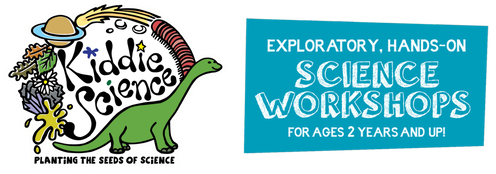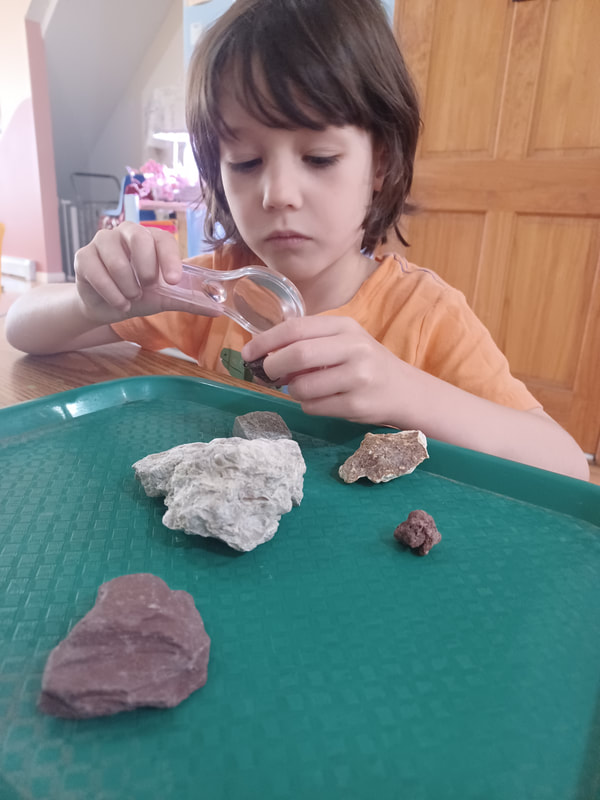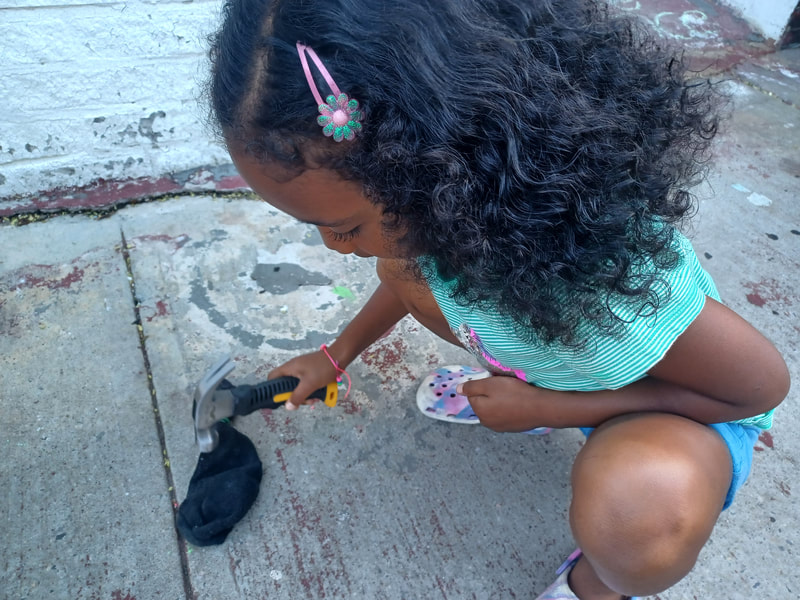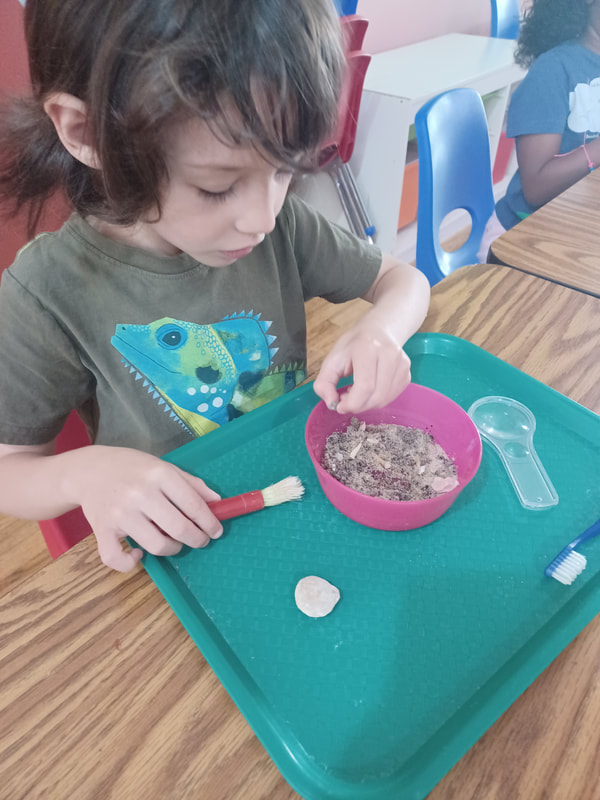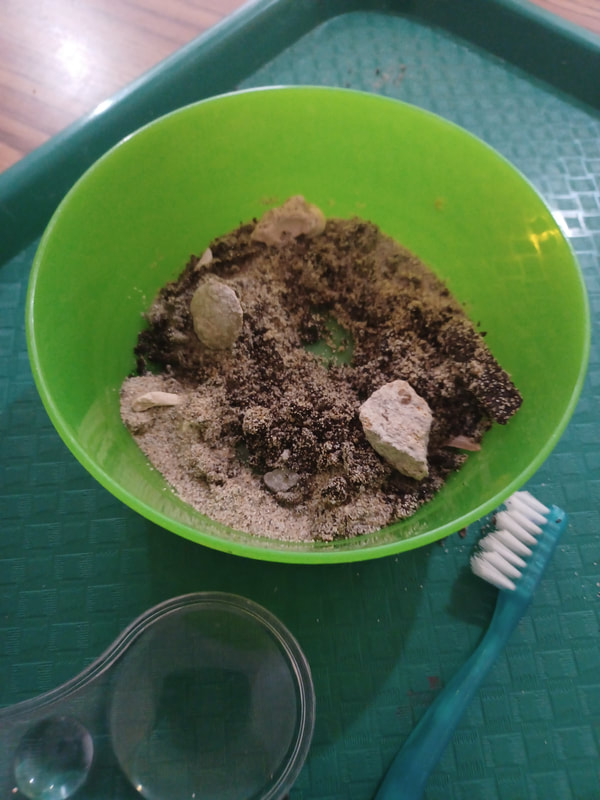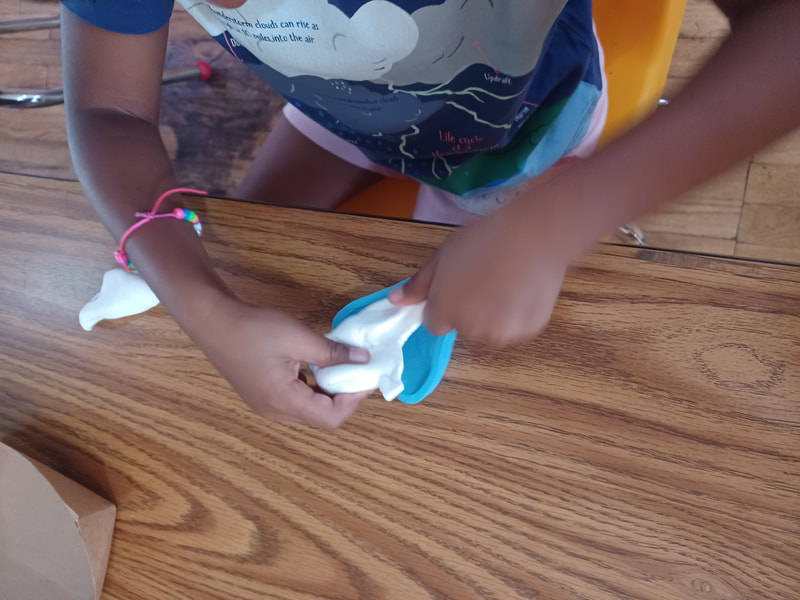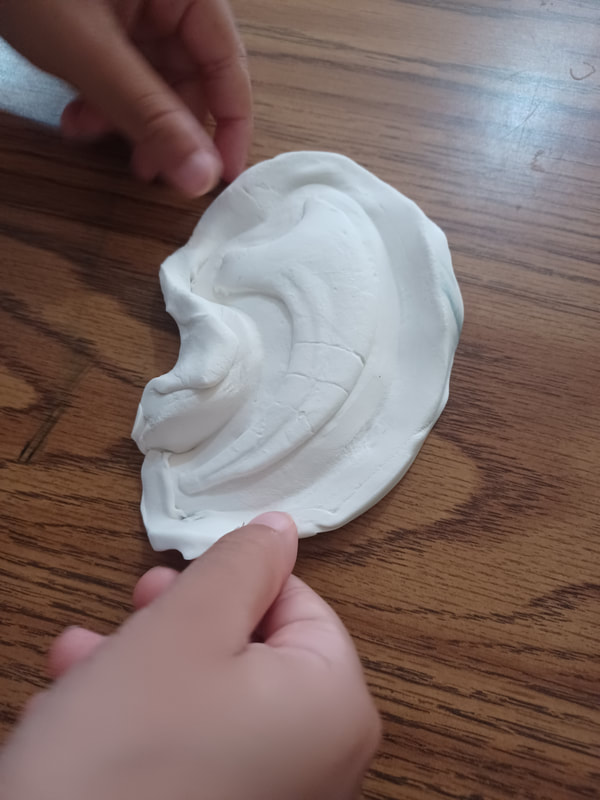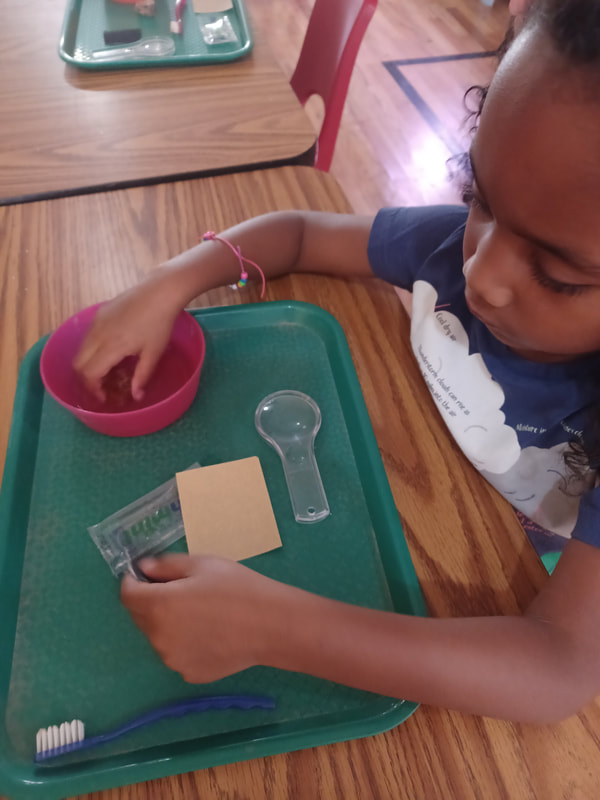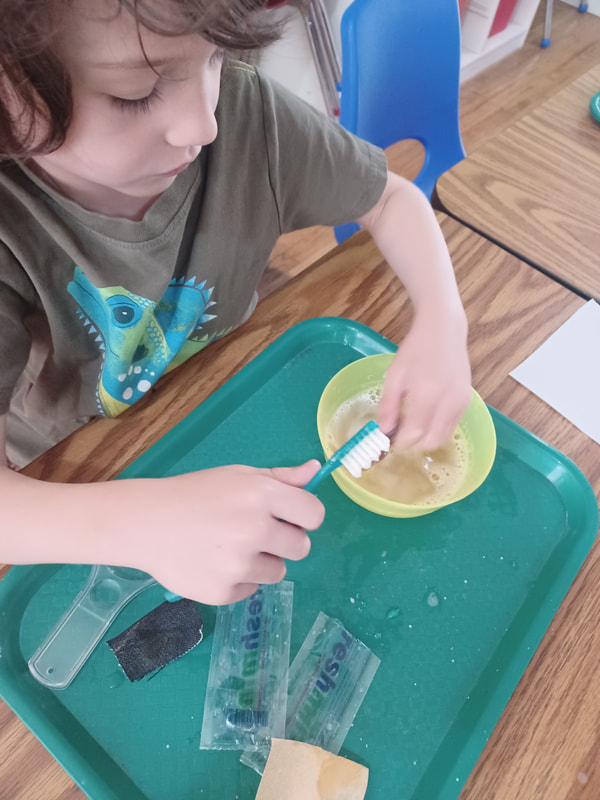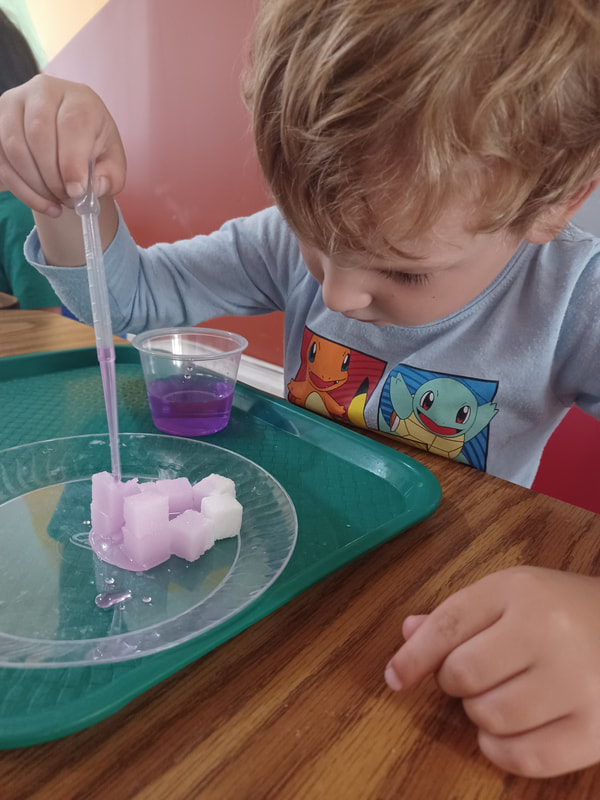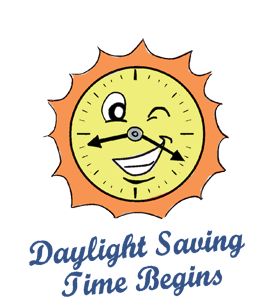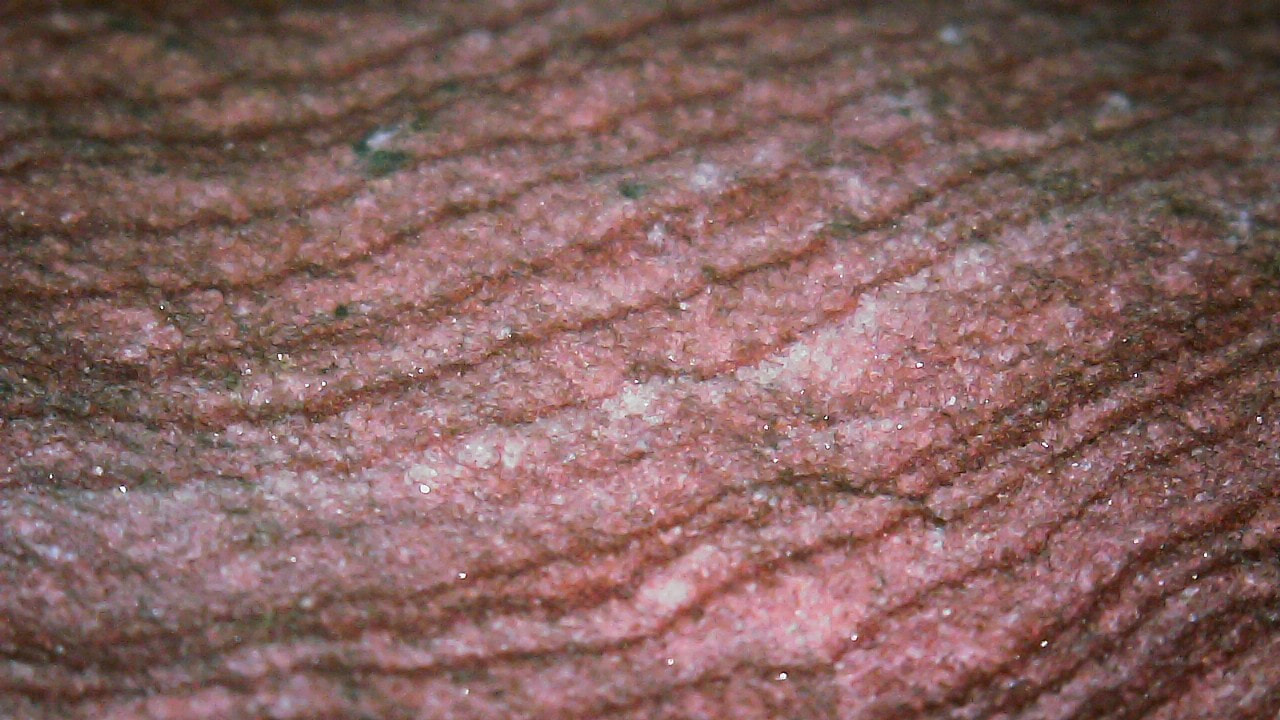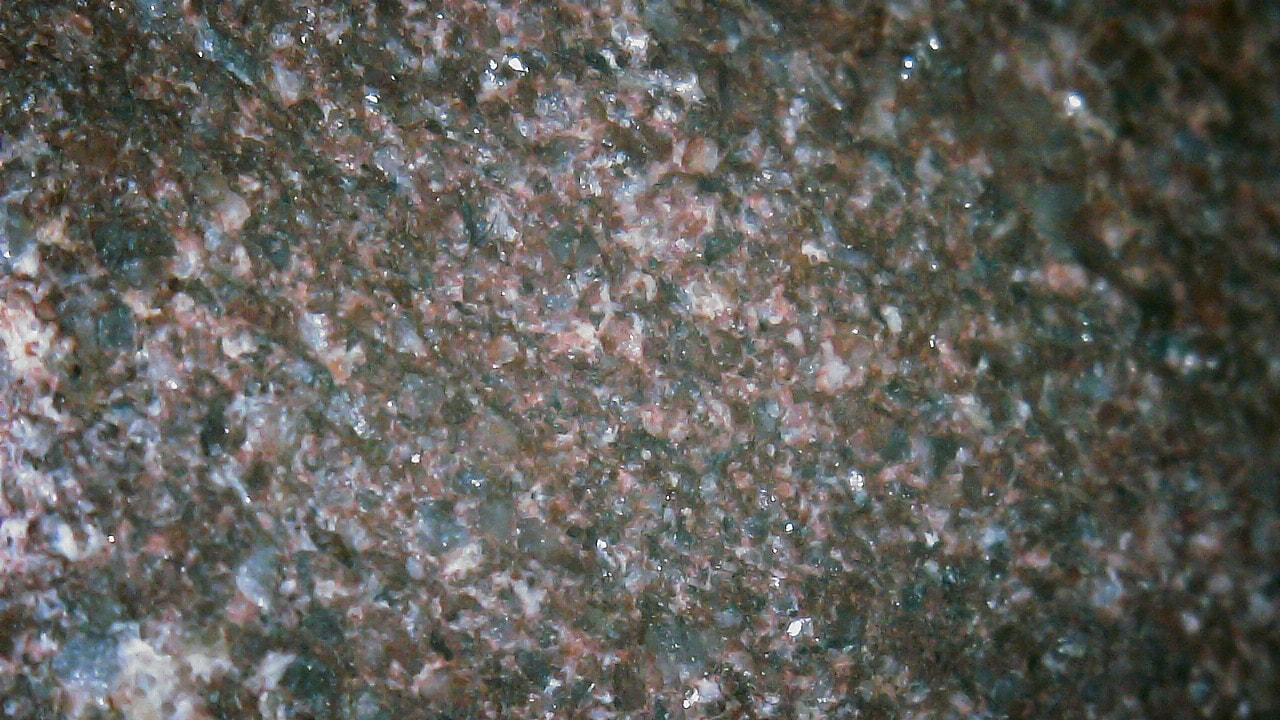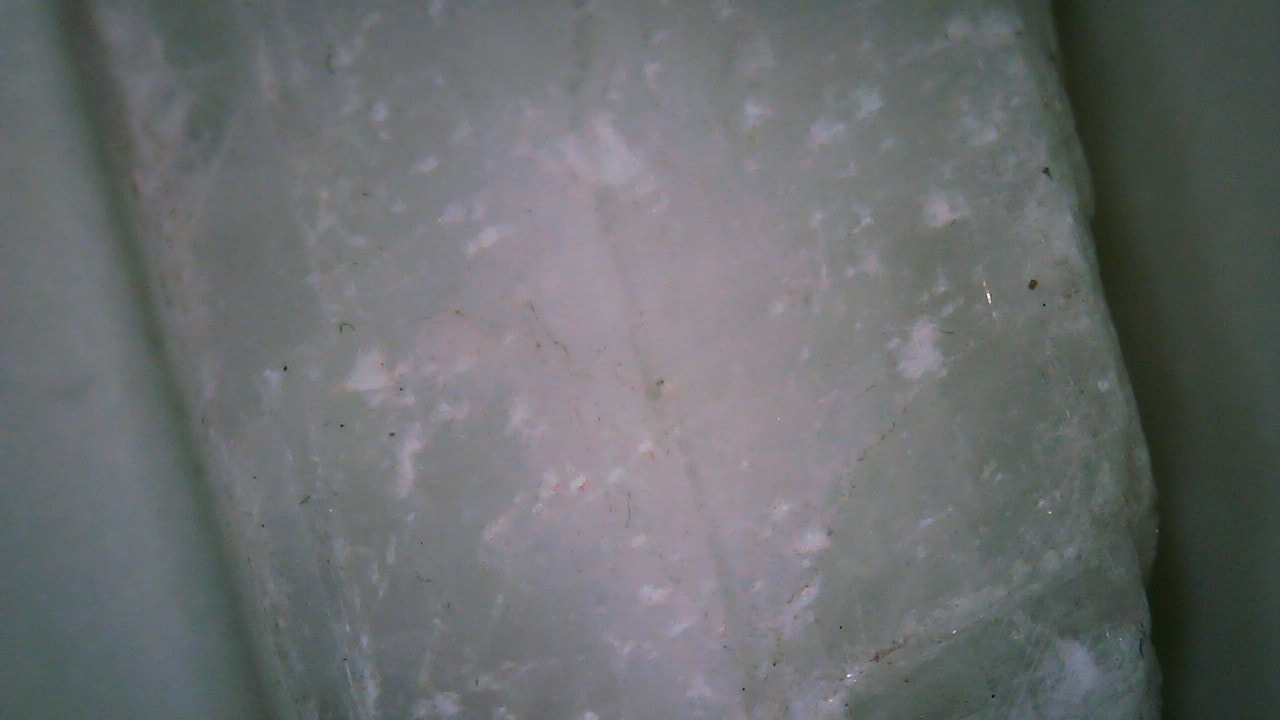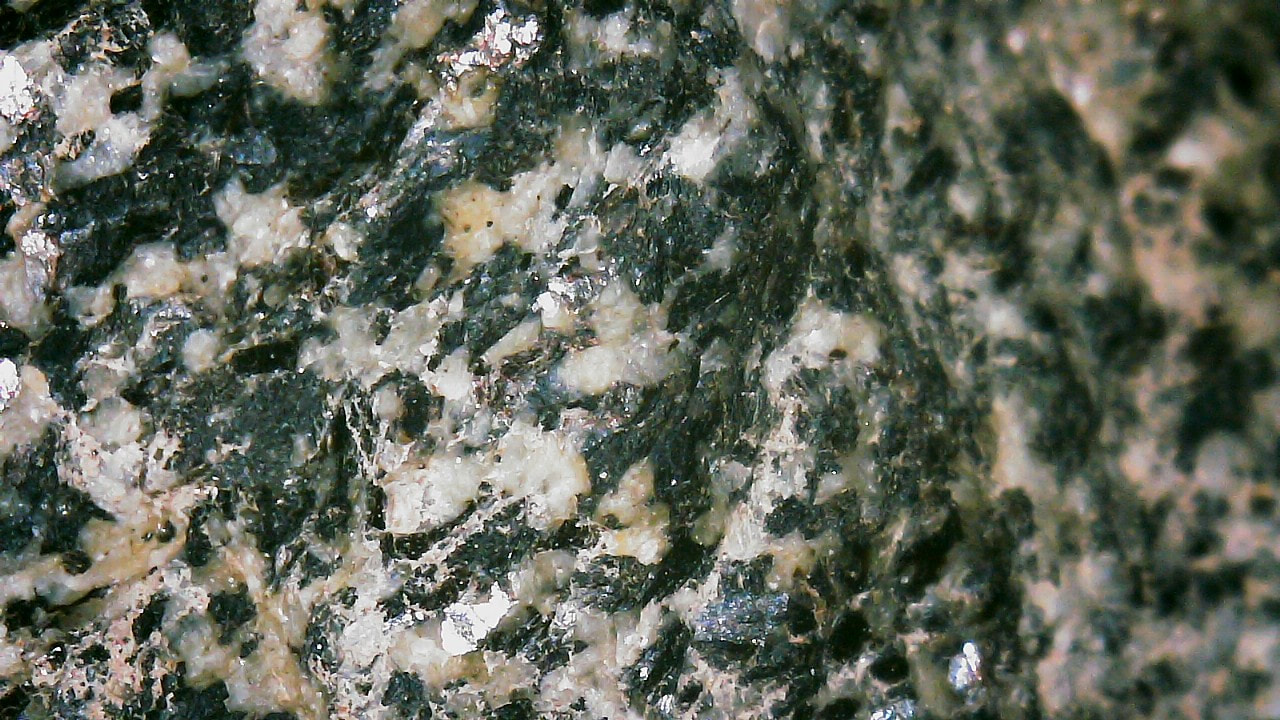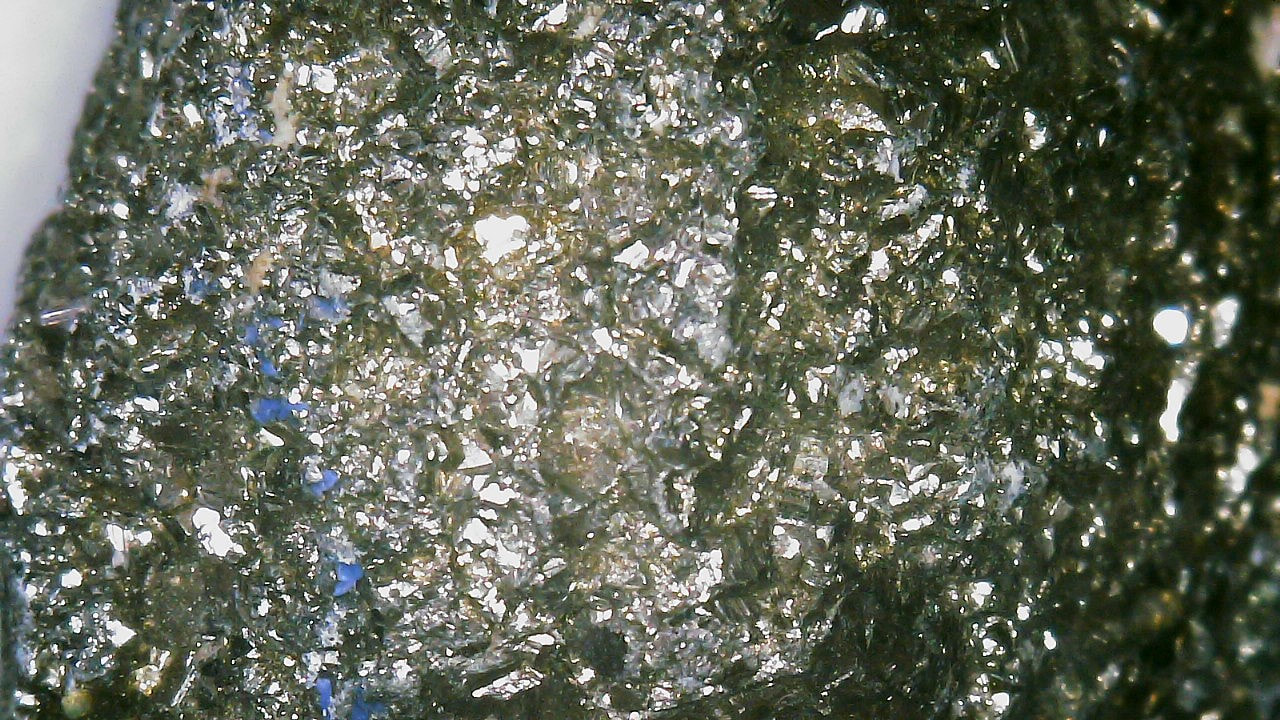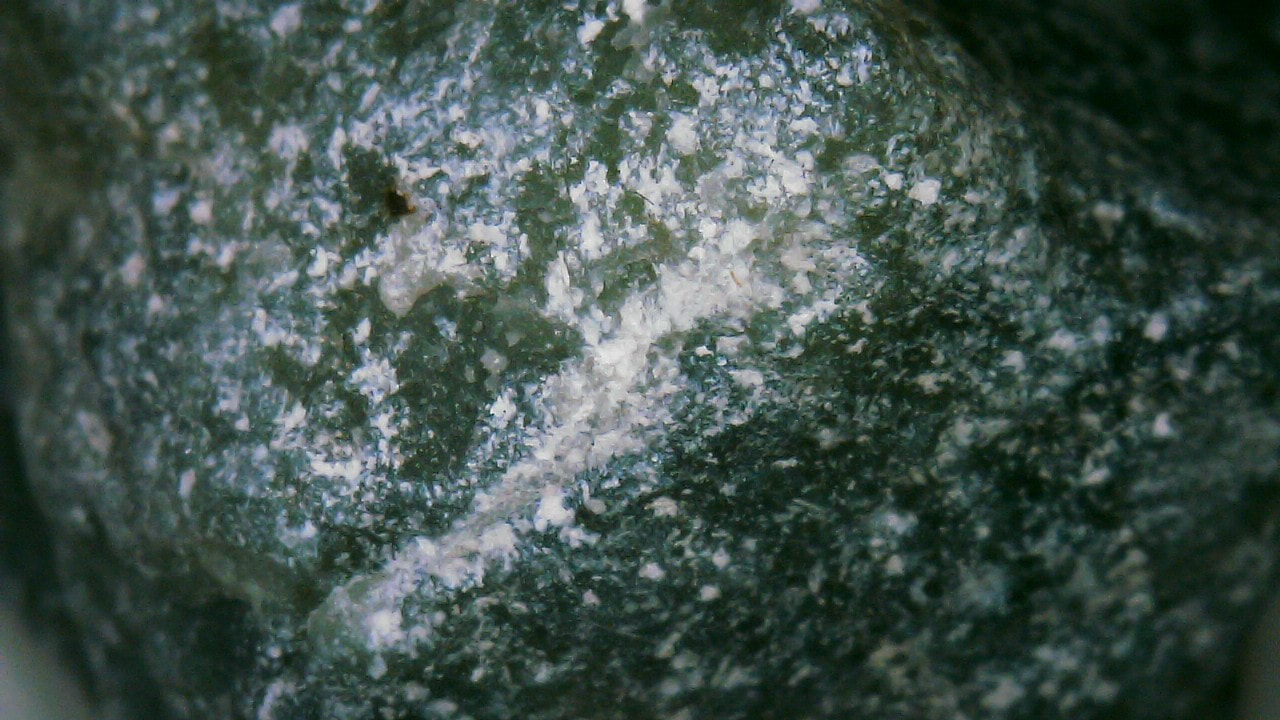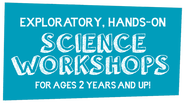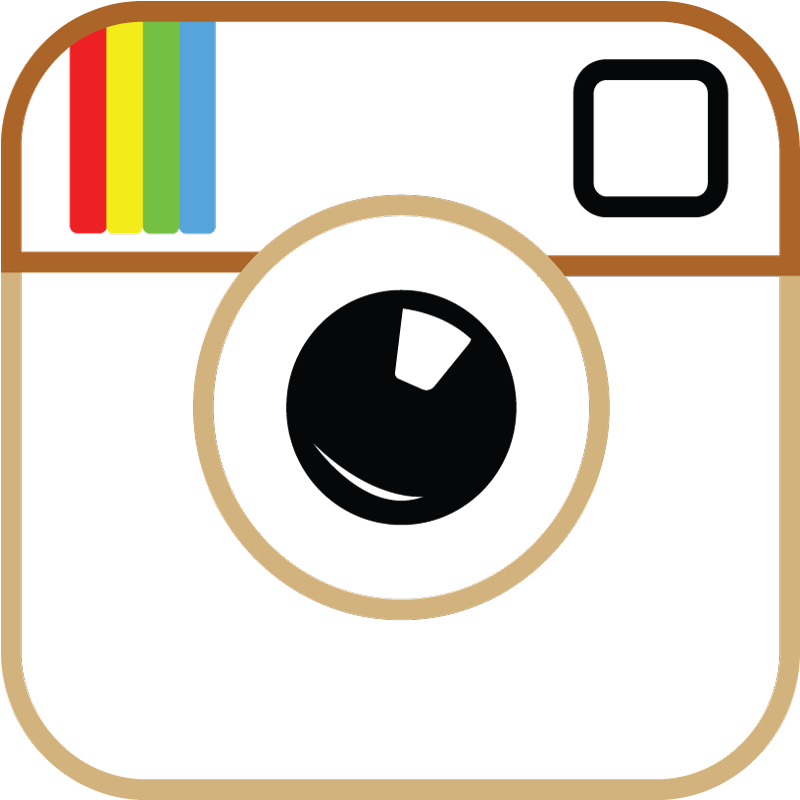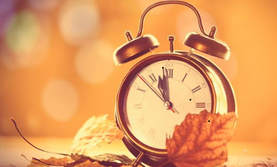
But why?
Although there are exceptions to Daylight Savings Time (Hawaii, parts of Arizona, and US territories don't recognize the time change), most of us end up changing our clocks twice a year. The reason why involves some science.
Due to the tilt in the Earth’s axis, summer days have more hours of sunlight than in winter. As the sun creeps up over the horizon earlier and earlier in the day, we end up with lots of sun in the very early morning hours when the majority of people are still asleep. The idea of Daylight Savings Time is to shift the clocks so that the extra daylight instead occurs at the end of the day, when people are actually awake. Usually on the second Sunday in March, we move the clocks ahead by one hour at the start of Daylight Savings Time. In other countries, this is called Summer Time.
When fall arrives, less hours of sunlight means the days become shorter. At this point, usually the first Sunday in November, clocks are returned to their Standard Time and we "fall back" by an hour. This change in time allows us to make the most out of the diminishing daylight hours.
